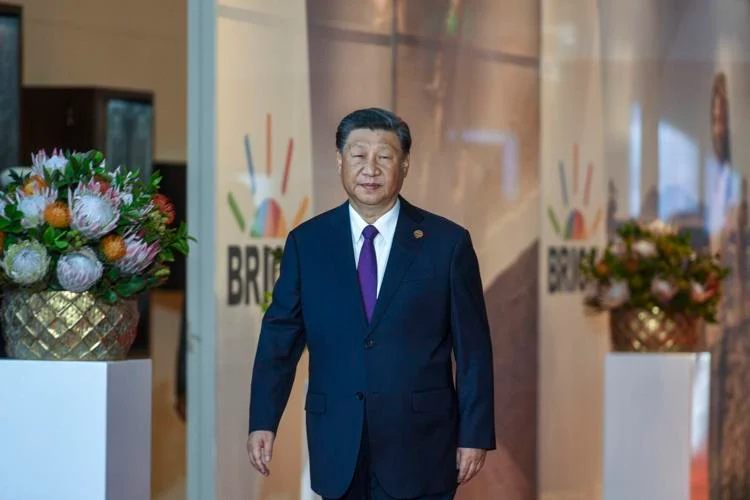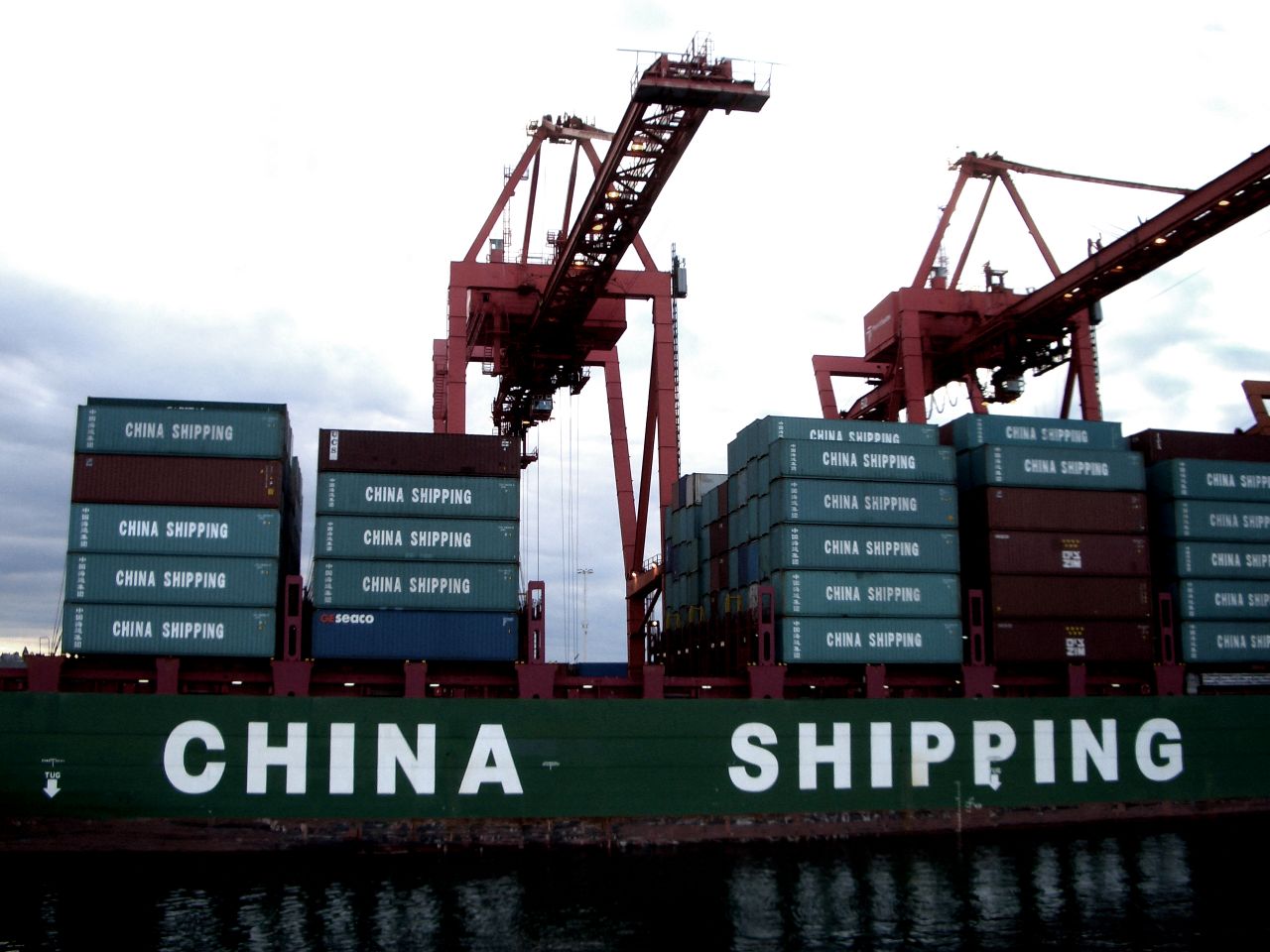China’s recent announcement that it was expanding its tariff-free policy to additional African countries, namely Angola, Gambia, Congo, Madagascar, Mali and Mauritania, may be a catalyst for new opportunities amid criticisms about the trade imbalance, according to experts.
The Chinese government announced on 25 December 2023 that it was granting the additional six African states with tariff-free access for goods on 98% of taxable products. This has increased the number of African countries on the zero-tariff policy to 27, as Beijing had earlier announced similar cuts for 21 other African countries. Chinese President Xi Jinping told the Forum on China-Africa Cooperation (FOCAC) 2021 summit in Dakar that China aims to import products worth $30 billion from Africa by the end of 2024 and $300 billion by 2035, which will be a major economic boost for countries considered the least developed.
Yet, despite Xi’s announcement in 2021, China still maintains a trade surplus with its exports to Africa dominated by finished goods such as textile, machinery and electronics. But experts believe that the policy will go a long way for Africa, which has the paradox of being both a resource-rich continent and arguably the poorest continent on the earth — a phenomenon commonly known as ‘resource curse. For example, the Democratic Republic of Congo (DRC) supplies 60% of China’s cobalt imports, Zambia is a major supplier of copper to China, Angola is a major exporter of petroleum and diamonds while Nigeria is endowed with large oil and gas resources, to mention but a few. “Each country is pursuing their national interest; you can’t vilify China or any country for pursuing their interest. You have to look at each policy and take the opportunity for your own national interest,” Olalekan Babatunde of the National Institute for Peace and Conflict Studies in Nigeria said.



